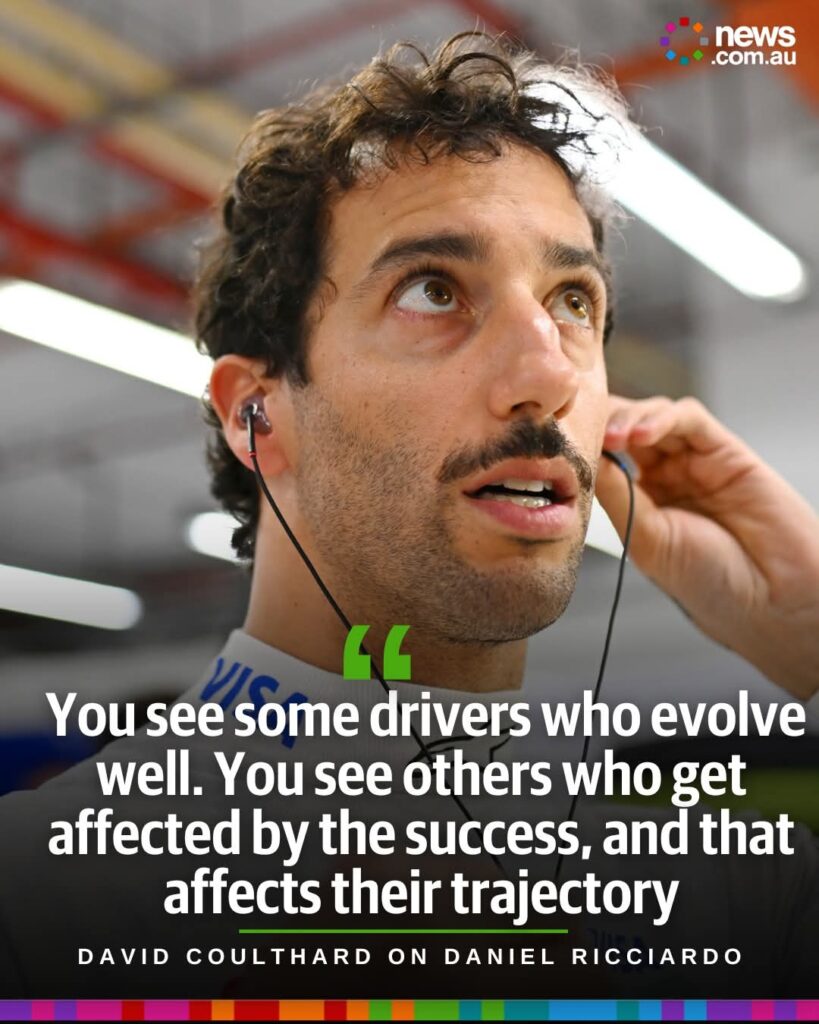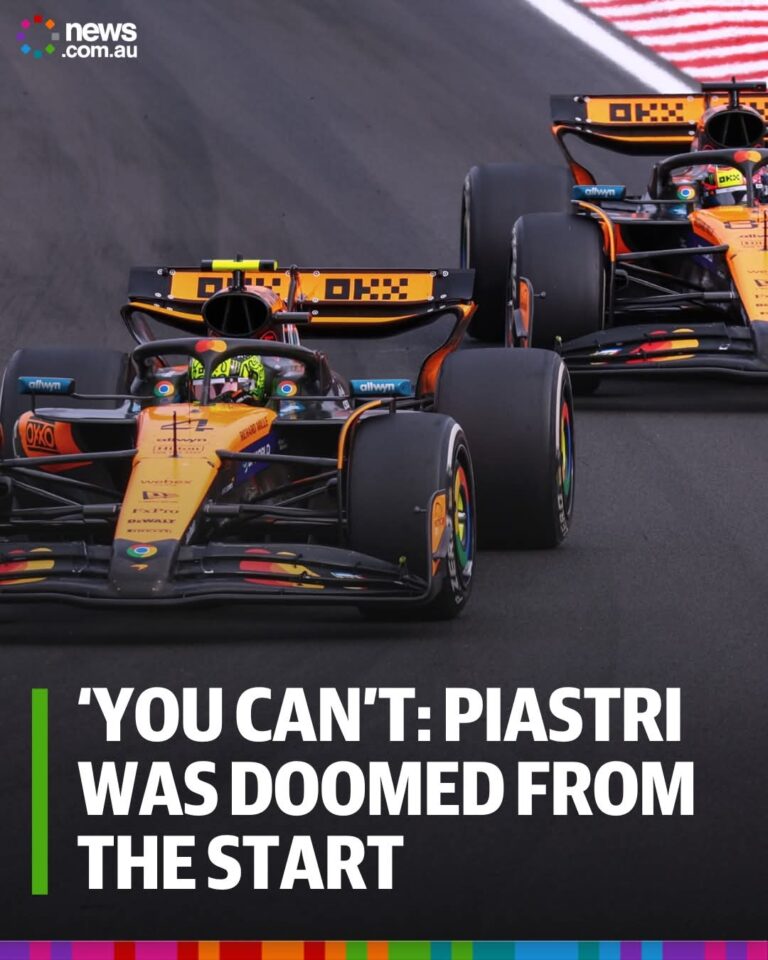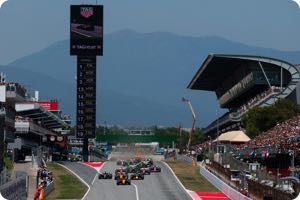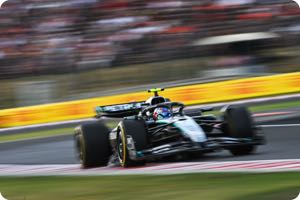
Daniel Ricciardo’s fall from grace in Formula 1 continues to stir discussion, with former F1 star David Coulthard offering a pointed critique of the Australian’s decline. While many fans still romanticize his early years of tenacity and daring overtakes, Coulthard argues that Ricciardo’s inability to adapt to evolving car regulations exposed the limits of his prowess—especially when compared to the sport’s truly elite drivers who’ve thrived amid change.
Once seen as one of the grid’s most dynamic talents, Ricciardo’s post-Red Bull journey unravelled quickly. Despite flashes of brilliance—like his win with McLaren—his performances grew inconsistent. Coulthard notes that a blend of external distractions and internal fatigue may have dulled Ricciardo’s competitive edge, leading to underwhelming stints at Alpine, McLaren, and most recently, Racing Bulls.
Coulthard’s analysis cuts deeper, suggesting that Ricciardo’s attitude became a burden. Using a metaphor of emotional “baggage,” he claims success may have inflated Ricciardo’s ego, creating a disconnect between his perceived self and his on-track results. It wasn’t a lack of skill, Coulthard implies, but rather a lack of psychological recalibration that stunted Ricciardo’s evolution.
The tragedy, according to critics like Coulthard and Villeneuve, lies in Ricciardo’s missed opportunity to reclaim a seat at Red Bull—a dream derailed by rising stars like Liam Lawson and Yuki Tsunoda. What began as a career poised for title contention ended in what many see as premature irrelevance, despite his brief heroics against teammates like Sebastian Vettel and Max Verstappen.
Still, Ricciardo appears unbothered. Whether promoting brands or enjoying life courtside at Wimbledon, he’s leaned into a post-racing identity many athletes struggle to embrace. Though fans still dream of a motorsport comeback, the current trajectory suggests Ricciardo’s full-time F1 days are truly behind him—closing a career once destined for so much more with a soft but definitive fade.





